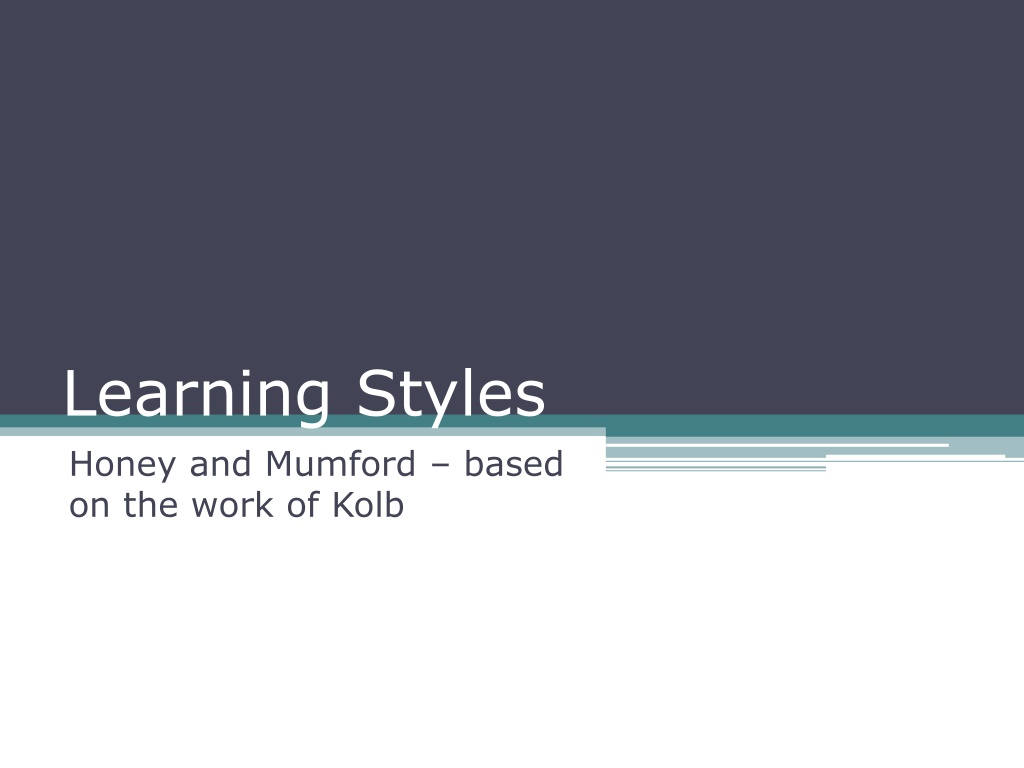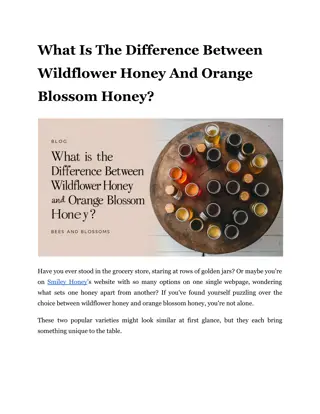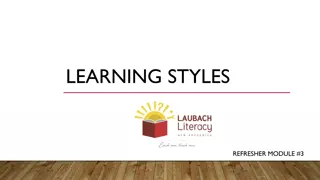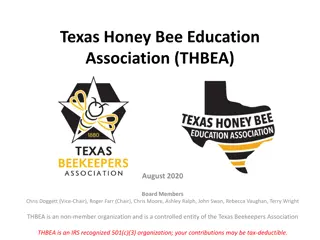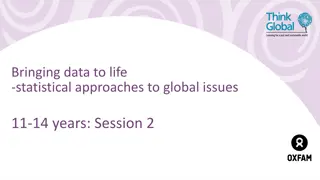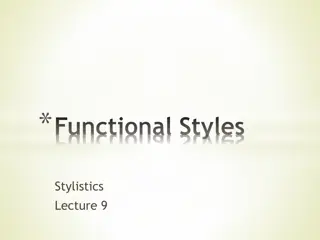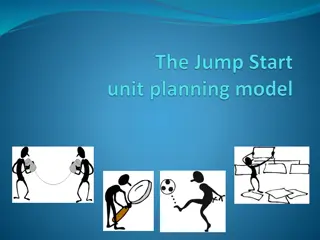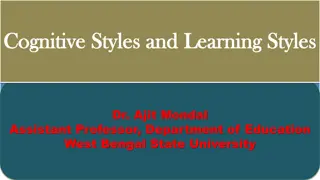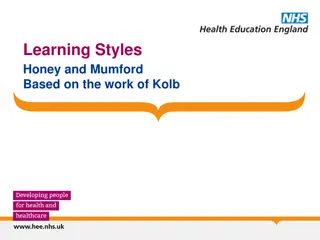Understanding Learning Styles: Honey and Mumford Based on Kolb's Work
Explore the four learning styles proposed by Honey and Mumford, which are based on the work of Kolb. The four styles are Activists, Reflectors, Theorists, and Pragmatists. Each style is characterized by unique traits and preferences for learning methods. Activists thrive on new experiences and challenges, while Reflectors prefer to gather data and analyze before drawing conclusions. Theorists are logical and objective thinkers, assimilating facts into theories, and Pragmatists are practical problem solvers who seek immediate opportunities to implement what they learn. Understanding these styles can help individuals tailor their learning approaches effectively.
Download Presentation

Please find below an Image/Link to download the presentation.
The content on the website is provided AS IS for your information and personal use only. It may not be sold, licensed, or shared on other websites without obtaining consent from the author. Download presentation by click this link. If you encounter any issues during the download, it is possible that the publisher has removed the file from their server.
E N D
Presentation Transcript
Learning Styles Honey and Mumford based on the work of Kolb
Activists here and now gregarious, seek challenge and immediate experience, open minded, bored with implementation!
Activists Learn best: new experiences, problem solving, challenge and change Work in teams, role playing, puzzles, competitions, brainstorming, chairing/leading Learn less well: lectures or long explanations. Following precise instructions, absorbing data on their own
Reflectors stand back , gather data, ponder and analyse, delay reaching conclusions, listen before speaking, thoughtful
Reflectors Learn best: Observe others, opportunity to review what happened, producing analysis and reports Paired discussions, feedback from others, coaching, observing activities Learn less well: Leaders or role players, being rushed, tight deadlines, deep end learning
Theorists Think things through in logical steps, assimilate disparate facts into theories, rationally objective, reject subjectivity and flippancy
Theorists Learn best: Structured situations with clear purpose, chance to question/probe ideas Models, statistics, quotes, background info, applying theories Learn less well: Situations that emphasise emotions and feelings, unstructured activity, poor briefing, doing things without knowing principles/concepts
Pragmatists Seek and try out new ideas, practical, down to earth, enjoy problem solving and decision making, quickly bored with long discussions
Pragmatists Learn best: Immediate opportunities to implement what learned, link between topic and job, model they can copy, try out with feedback Case studies, problem solving, discussion Learn less well: No apparent pay-back to learning, all theory event, no practice or guidelines, insufficient reward perceived
However. The evidence is poor maybe works best as a lens Learners should learn in all modalities Beware of teaching only in your own preferred style
